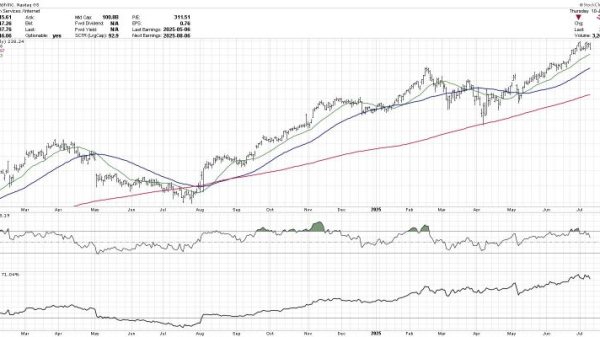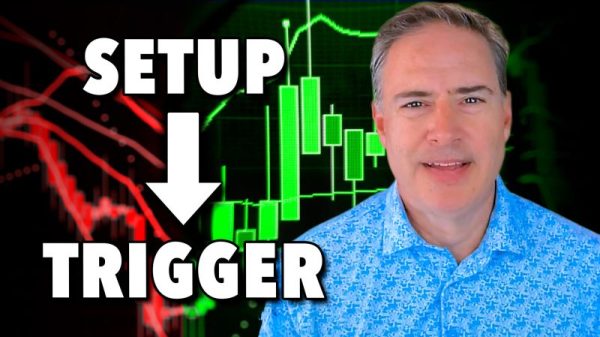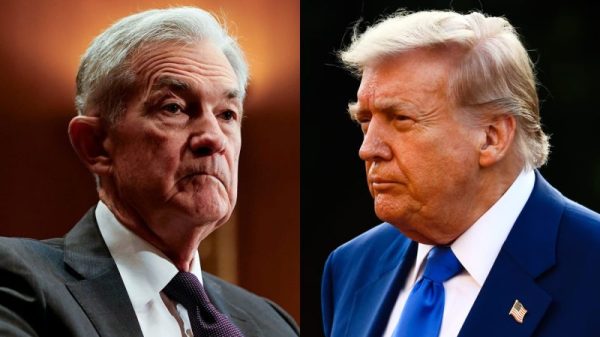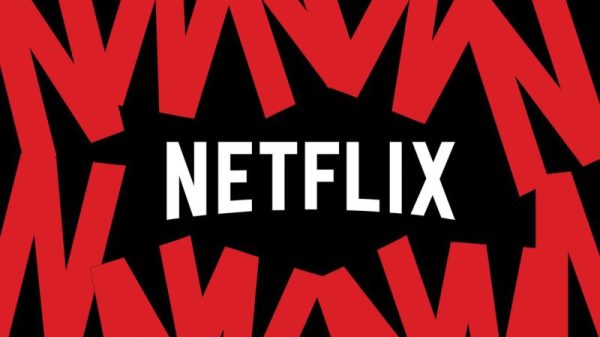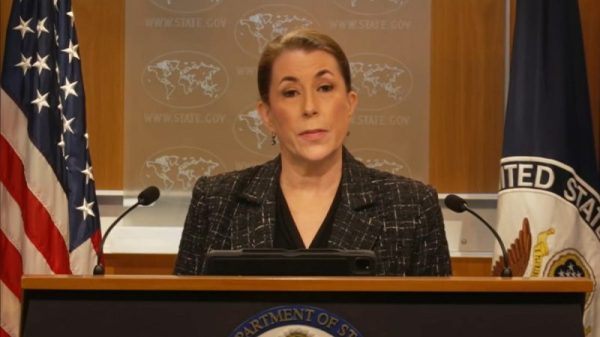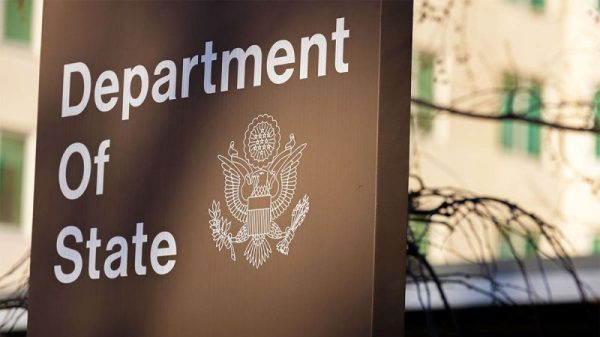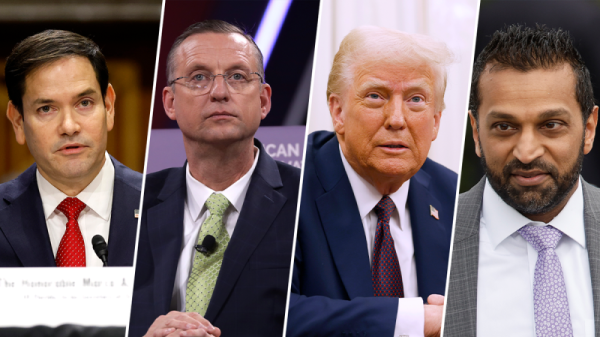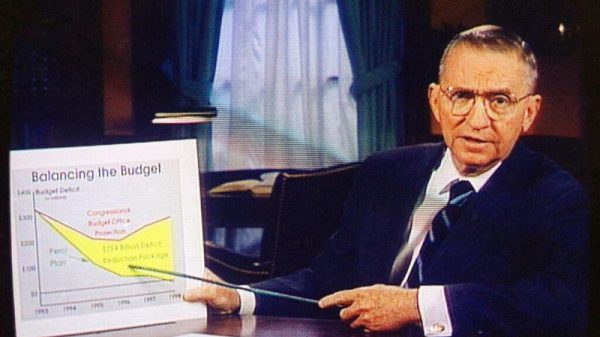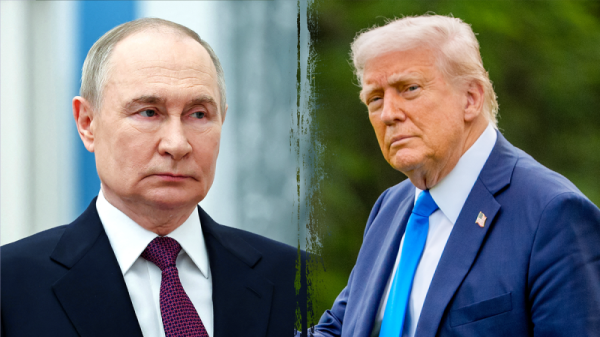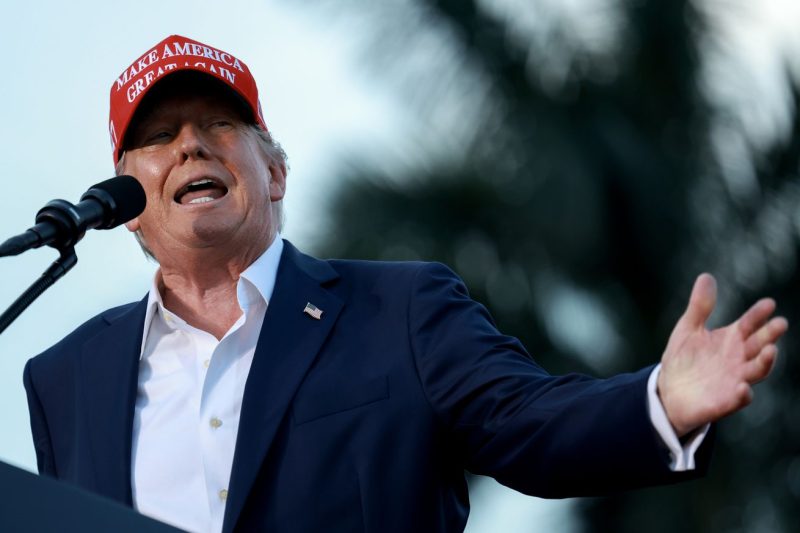In a significant move that has caught the attention of the political and social media world, Meta, the parent company of Facebook and Instagram, has announced the lifting of restrictions on former U.S. President Donald Trump’s accounts. This decision comes after a prolonged period of suspension and content restrictions on Trump’s social media presence, following the events of January 6th, 2021, at the U.S. Capitol.
The decision to lift the restrictions on Trump’s accounts raises several significant questions and generates a range of reactions from various stakeholders. Many see this move as a pivotal moment in social media moderation, signaling a shift in Meta’s approach towards handling controversial and high-profile accounts. The decision also brings to the fore the complexities of balancing freedom of speech, platform rules, and political considerations in the digital age.
One of the key reasons cited by Meta for lifting the restrictions on Trump’s accounts is the oversight board’s guidance that the company should assess the risks associated with keeping the ban in place indefinitely. This guidance underscores the evolving nature of content moderation policies and the challenges that platforms face in navigating complex and contentious issues.
Critics of Meta’s decision argue that lifting the restrictions on Trump’s accounts could set a dangerous precedent by allowing powerful figures to escape accountability for their actions and statements. They point to concerns about the potential impact on online discourse and the spread of misinformation, particularly in politically charged environments.
On the other hand, supporters of Meta’s move view it as a step towards promoting transparency and accountability in content moderation. They argue that allowing Trump back on the platforms could provide an opportunity for dialogue and debate, promoting diverse viewpoints and creating a healthier online environment.
The decision by Meta to lift restrictions on Trump’s accounts highlights the challenges platforms face in balancing competing interests and considerations when moderating content. It underscores the importance of clear and consistent policies, as well as the need for ongoing dialogue with stakeholders to address issues of accountability and transparency in online spaces.
As social media platforms continue to play an influential role in shaping public discourse and political narratives, the decisions they make regarding content moderation have far-reaching implications. The lifting of restrictions on Trump’s accounts by Meta serves as a reminder of the complexities and considerations involved in regulating online speech and behavior, and the need for ongoing engagement and debate to ensure a safe and inclusive digital environment.

